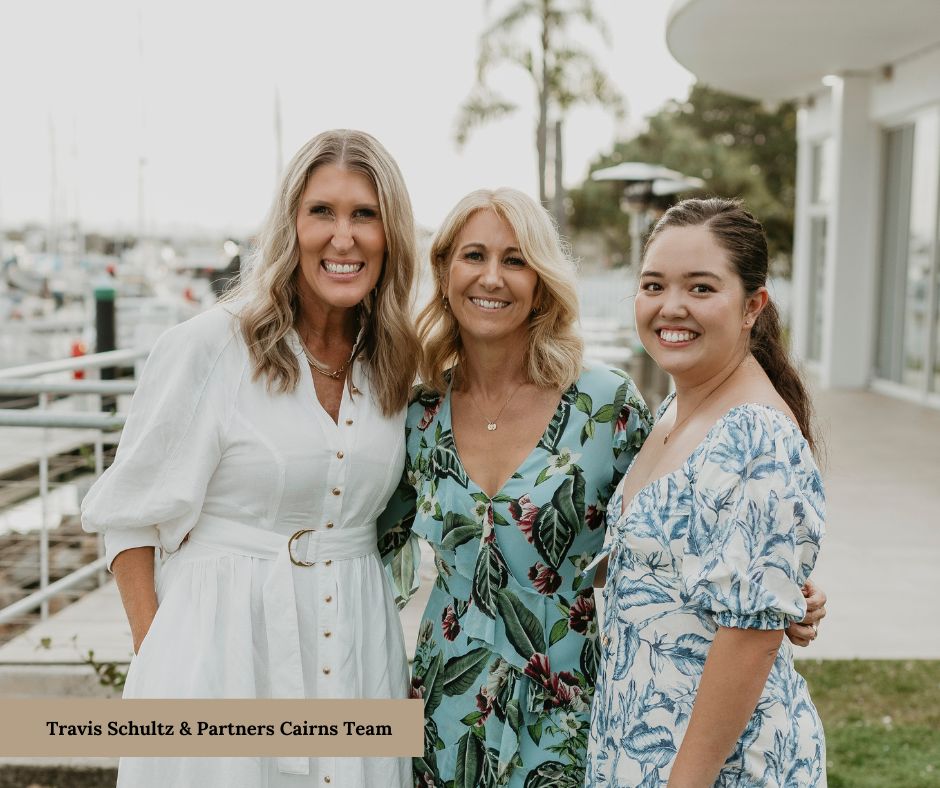
Recently, our practice has been recruiting for paralegals due to unprecedented growth. What has become evident in this search, is the growing propensity for law graduates to apply for the roles of paralegals with a seemingly declining number of experienced paralegals seeking new positions.
This prompts the question, why are we seeing a decline in the number of career paralegals within our industry and is there an opportunity for us to address this decline before we lose that valuable experience altogether?
It seems reasonable to assume, that some of the increase in law graduate applicants can be attributed to the vast number of graduates seeking employment and the commensurate lack of legal roles available to them. Whilst it is well above my paygrade to address this discrepancy, it has unfortunately led to fewer opportunities for applicants without a law degree and a higher number of inexperienced graduates filling these positions.
Ultimately the decisions made by legal practices are usually made by lawyers. Understandably, they wish to support upcoming law graduates to pursue their careers, leading to an increase in the propensity to hire law graduates in paralegal roles.
In my view, there are a few issues with this:
Firstly, the skills required of a paralegal are not necessarily in line with those required to gain a law degree.
In my opinion there are three key qualities required of a great paralegal. These are:
Be adaptable: The role of a paralegal will be different in any given law practice and the expectation will therefore also vary. A great paralegal will be able to acclimate to the tasks required of them. In some cases, this will be simple task-based work and in others, there may be an expectation the paralegal will act as a poorly paid first or second year lawyer.
Be accommodating: Every lawyer has a different style of working, varying file loads and varying levels of outside commitments depending on their role within the practice. As a paralegal it’s our job to “role with the punches” and step in when and where required.
Be calm: Stress only creates more stress and busy lawyers already carry enough of this. Whilst we often can’t assist with the complex legal challenges of their role, in personal injury law we can take care of the day-to-day operation of the claim so lawyers don’t need to “sweat the small stuff”.
In my experience these skills are gained through putting in the hard yards, learning through practical experience and paying attention. Mostly, none of these skills can be learned in a classroom.
Secondly, law graduates, by definition wish to eventually become lawyers. Understandably, they have worked hard to obtain their law degree and will ultimately want to put their legal skills into practice. Unfortunately, this means the role of paralegal will only ever be a “stepping stone” to their desired career. Whilst this may be beneficial for the individual, it is difficult to see how this benefits the practice as whole.
A never-ending circle of recruiting new staff, training and supervision does not generally lead to efficient file velocity or client satisfaction. It also creates an ever-declining pool of experienced paralegals.
Digging deeper into the reduction in school leavers wishing to pursue a career in a paralegal role, we perhaps need to look at the perception of the role of a paralegal. Many may not appreciate the relationships built between lawyer and paralegals nor the relationships built with clients, particularly in the personal injury arena where claims can run for many years. In my experience many paralegals build strong relationships with clients who come to trust and rely on them almost as much as they do their lawyer (rightly or wrongly!). Paralegals are a rare breed, who undertake their duties because they truly enjoy helping people and not for the lure or expectation of triple digit remuneration packages or bonus structures.
I believe most lawyers would agree that work life is significantly more manageable with a competent paralegal at their side. The old saying that “a team is only as strong as its weakest link” rings true. With the support of a great paralegal, lawyers can take better care of their clients, increase their file velocity, pursue career progression and generally be a better lawyer.
For this reason, I think many legal practices need to celebrate and value their paralegals more, in order to ensure we create a future where a role as a paralegal is seen as a viable career path.
I am so happy to have landed in a legal practice that values all its employees equally. There is nothing more fulfilling than feeling appreciated and valued as a non-lawyer within a firm of lawyers. After 25 years working as a paralegal, I can assure you this is truly a rare gift.
Paralegal
View Bio >
